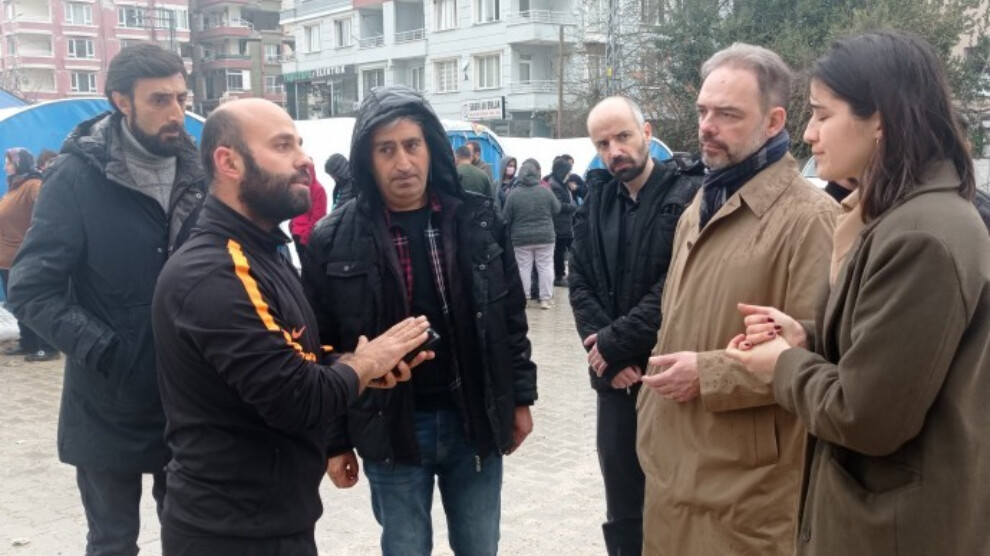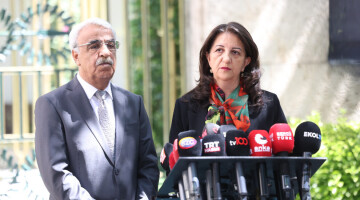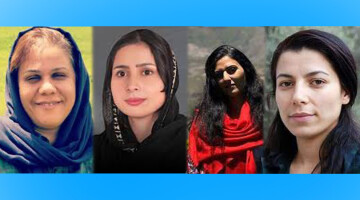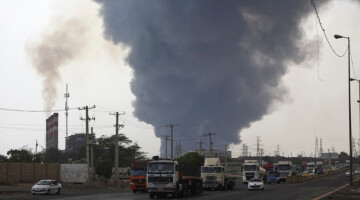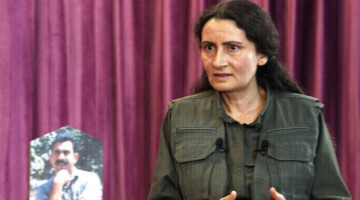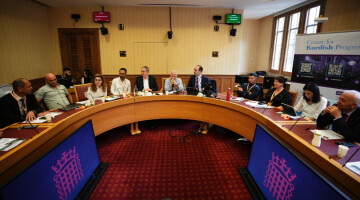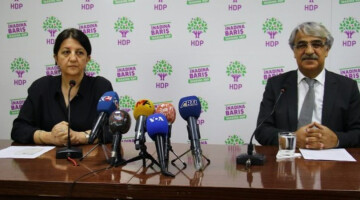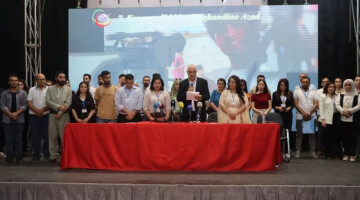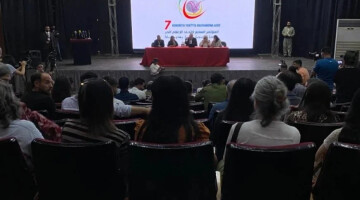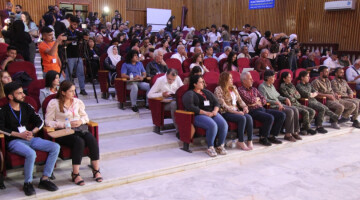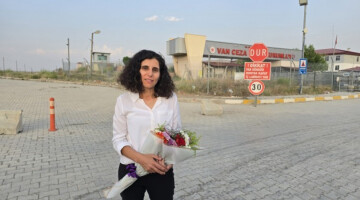Frane Maroevic, the executive director of the International Press Institute (IPI), visited the heavily damaged city of Antakya this week. He said: "Journalists still want to report because they believe that it is important to tell the stories of the people who survived and are still struggling to live there. But it is clear that there is going to be more pressure on journalists as the elections approach."
Maroevic said: "It is clear that there is going to be more pressure on journalists as the elections approach. In Turkey, freedom of expression over the years has gotten worse and the state of emergency just created yet another layer to the complications for journalists doing their job."
The Turkish presidency requires reporters to get special accreditation to work in the earthquake zone. Several journalists were detained for publishing articles critical of the government's slow response to the disaster under Turkey's much-criticised new disinformation law.
Turkey also blocked access to Twitter for more than 12 hours in the first days of the disaster due a torrent of critical posts about a lack of rescue workers and humanitarian aid. "It is clear that authorities are preventing (journalists) from reporting independently from the ground," Maroevic said.

